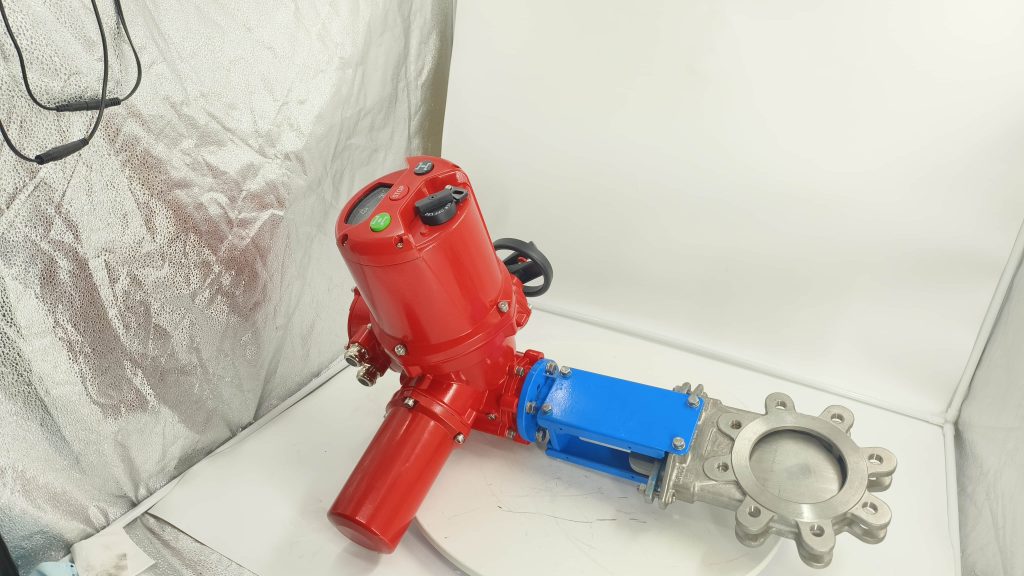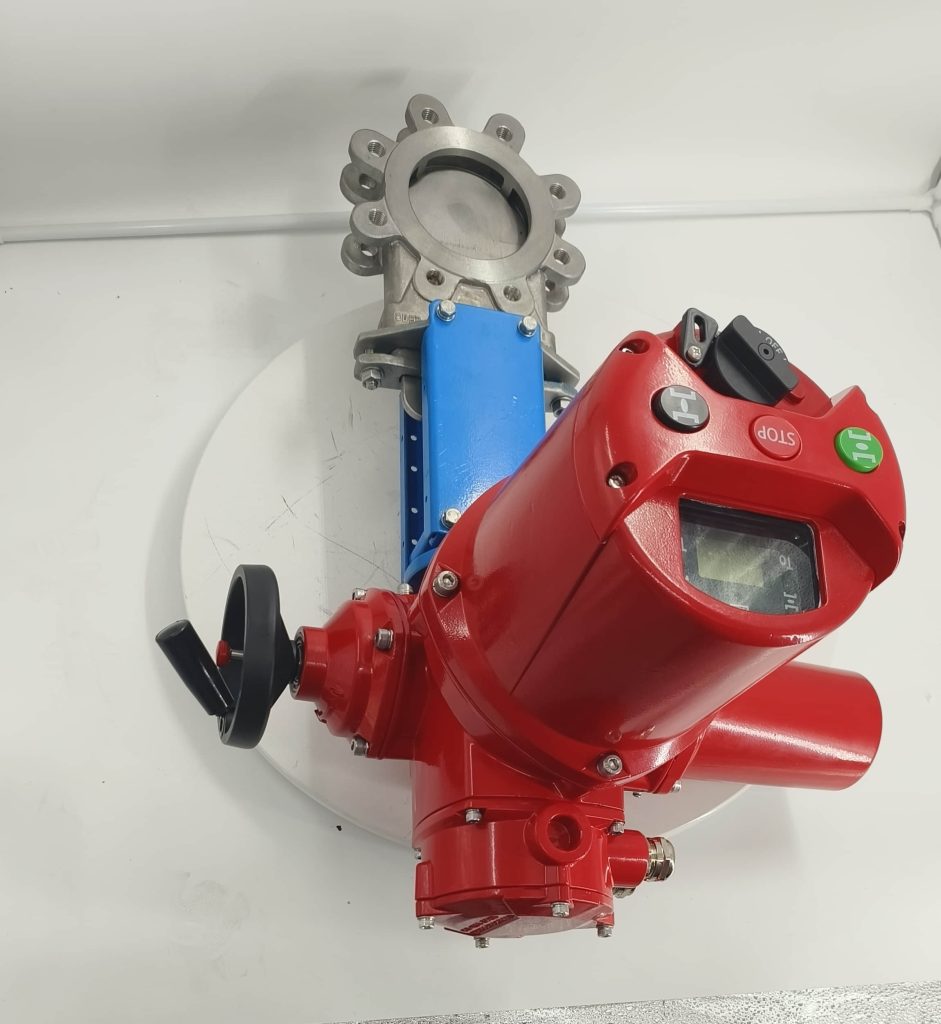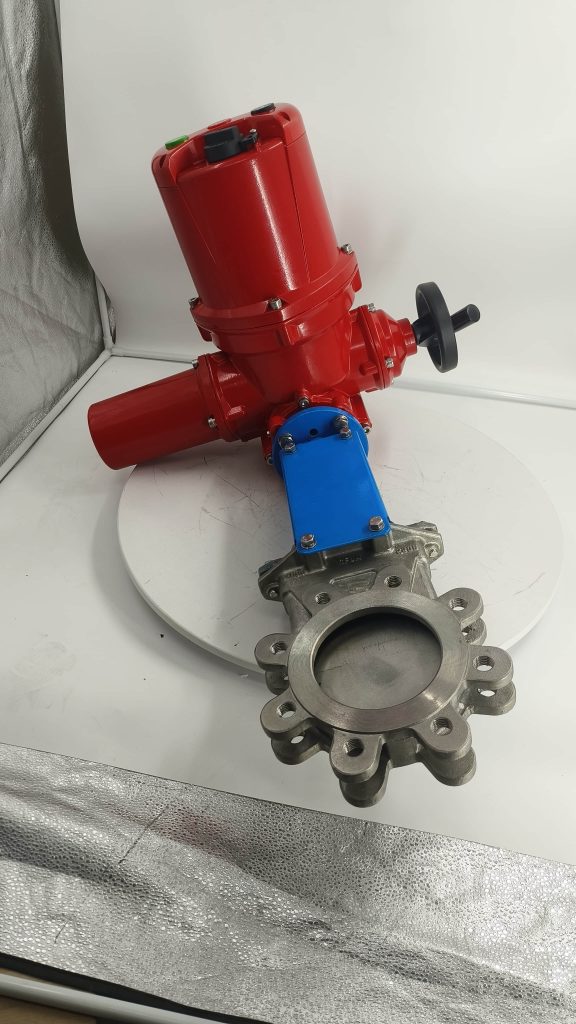Electric gate valves are critical components in various industrial systems, playing a vital role in the control and regulation of fluid flow. From power plants to chemical processing facilities, these valves are widely used due to their precision, reliability, and ease of automation. This article explores the function, advantages, and applications of electric gate valves, providing a comprehensive overview of why they are essential in today’s modern infrastructure.

What is an Electric Gate Valve?

An electric gate valve is a type of valve that utilizes an electric actuator to control the opening and closing of the valve gate. The gate itself is a flat piece of metal that moves perpendicular to the flow of the fluid, either allowing it to pass or blocking it completely. When the electric actuator is powered, it adjusts the position of the gate, thereby regulating fluid flow within pipelines or other systems. The primary advantage of using electric actuators is that they allow for remote operation and automation of the valve, eliminating the need for manual intervention. This feature is especially beneficial in systems where valves are difficult to access or in hazardous environments where human presence is minimized for safety reasons.
